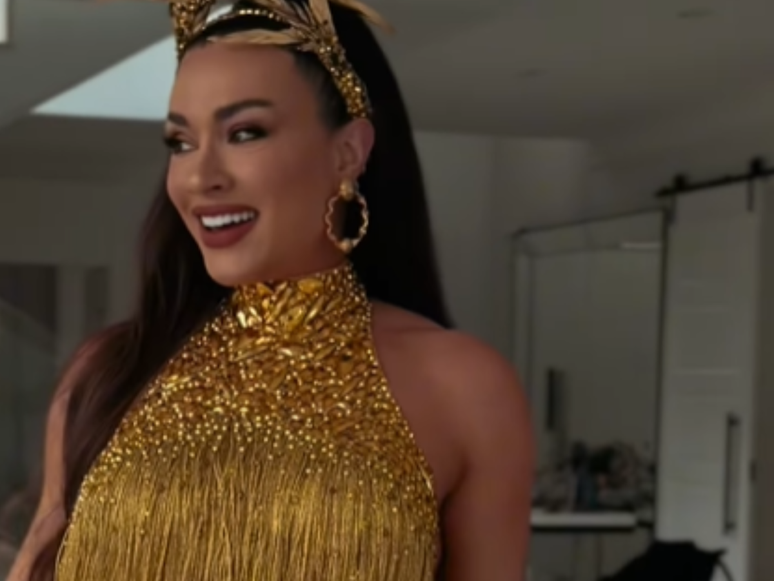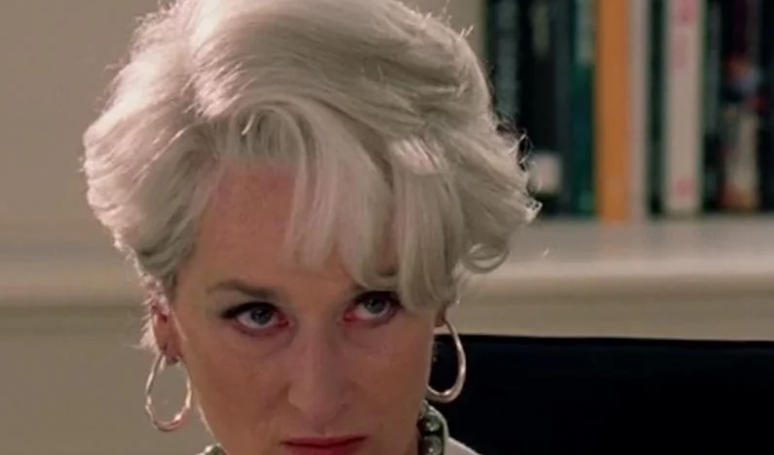The campaign was marked by the assassination of political leaders, including a presidential candidate. The issue of security dominates the last stretch of the elections in the country, which is also going through a political and economic crisis. Ecuador goes to the polls this Sunday (20/08) under tension, after an electoral campaign marked by an unprecedented wave of violence, which included in space three weeks ago the assassination of three of the country’s political leaders, among including a presidential candidate.
The assassination of presidential candidate Fernando Villavicencio on August 9, after a rally in the capital Quito, shocked the South American country of 18 million inhabitants, which is facing a triple crisis: political, economic and public security.
A little less than two weeks earlier, the mayor of the city of Manta, Agustín Intriago, had already been assassinated. Finally, on August 14, it was the turn of Pedro Briones, leader of former President Rafael Correa’s party, to be the victim of a murder.
It is in this climate of tension that the Ecuadorian electorate will decide who will lead the country. At the moment the country is in a state of exception decreed by the government, but the elections have taken place.
Candidates
Eight candidates are running, including veteran politicians and businessmen. Among them are environmentalist Yaku Pérez; former ‘Correist’ deputy Luisa González; or former Franco-Ecuadorian legionnaire and security entrepreneur Jan Topic; former Vice President Otto Sonnenholzner; business politician Xavier Hervas; businessman and former Congressman Daniel Noboa; and independent Bolivar Armijos.
The fight against crime was one of the main promises of the candidates who want to succeed the current president, the conservative Guillermo Lasso, who has declined to run again.
In May, Lasso decreed the dissolution of the country’s Congress through an institutional mechanism called “cross-death”, a day after presenting his defense in an impeachment trial against him in the opposition-controlled legislature. With the measure, Lasso also announced early general elections.
The most recent polls indicate that Luisa González is leading the race. In one of the polls, you recorded 24% of voting intentions.
Former deputy Fernando Villavicencio appeared in second place, with about 12%, even after his assassination. In this case the votes could go to his replacement in the campaign, the journalist Christian Zurita, whose registration is still pending.
In third place, and on the rise in the latest polls, is Jan Topic, a billionaire who once served in the Foreign Legion and uses music from the film “Top Gun” in campaign events. He has attracted attention for his pledge to adopt a “firm hand” policy against crime, in the style of Nayib Bukele, the president of El Salvador, who has jailed tens of thousands of people in his country to fight criminal factions , but was also accused of serious human rights violations.
With this scenario pulverized, the dispute is likely to move to a second round. In the Ecuadorian system, to win, a candidate needs more than 50% of the valid votes, or 40% with an advantage of at least 10% over the runner-up.
Protest
According to experts, the elections will be dominated by anti-correism and frustration, especially with violence. “People are fed up,” says Efrén Guerrero, a political scientist at the Pontifical Catholic University of Ecuador, in an interview with DW. “Ecuador is going to the elections tired and scared”.
Ecuador ended 2022 with the highest rate of violent deaths in its history, registering 25.32 per 100,000 inhabitants, the vast majority associated, according to the government, with organized crime and drug trafficking, which strengthened on the coast and they have turned ports into major cocaine distribution centers in Europe and North America.
It was an announced crisis, evaluates Wolf Grabendorff, a researcher specializing in Ecuador. However, what is only now manifesting itself is “the structural dimension of this crisis, which makes the influence of various criminal groups in the state visible”. Grabendroff also believes this will “definitely be a protest election”.
Ecuador has also faced problems from the covid-19 pandemic, which has plunged the country into a deep economic crisis. According to data from the National Institute of Statistics and Censuses (Inec), currently the level of poverty is still above the pre-pandemic level, with one in four Ecuadorians living in this situation.
All of this also fuels the violence, which has also been largely driven by the drug trade. In recent years, homicides have increased fivefold, prisons have become the scene of gang wars and, according to the UN, this year Ecuador has overtaken Colombia as the main exporter of cocaine, although Colombia remains the main producer.
“There is an economic crisis, an emotional crisis and a security crisis, but also a huge mental health crisis,” summarizes Efrén Guerrero.
“Ecuador is the new Colombia”
The co-optation of the system, the links between the mafia and politics and the assassinations of presidential candidates made the comparison between the situation of Ecuador and that of Colombia in the 1980s inevitable. 1990s, Ecuador is suffering today,” said former vice president Otto Sonnenholzner.
The comparison is valid, says Garbendorff. However, the dynamics of drug trafficking has evolved in the globalized context. While in Colombia national cartels predominated, such as the Medellín cartel or the Cali cartel, in Ecuador it faces the influence of international actors, including Mexican or even European ones.
jps/cn (DW, AFP, ots)
Source: Terra
Rose James is a Gossipify movie and series reviewer known for her in-depth analysis and unique perspective on the latest releases. With a background in film studies, she provides engaging and informative reviews, and keeps readers up to date with industry trends and emerging talents.







